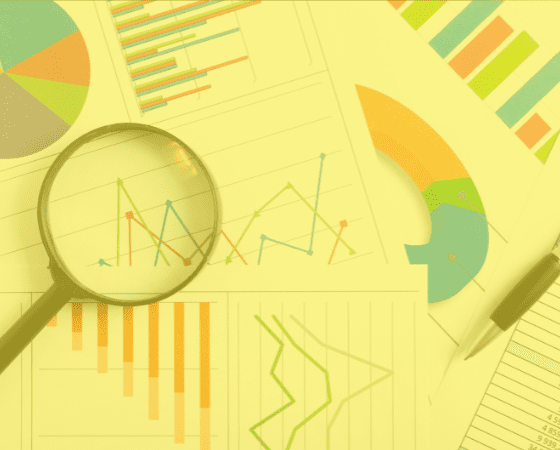Data is Queen
In the world of digital marketing, data is key. The ability to track and analyse user behaviour is crucial for businesses striving to make informed decisions and optimise their online presence. For years, Google Analytics has been the go-to platform for gathering valuable insights. However, with the introduction of Google Analytics 4 (G4), a new era has begun. In this blog post, we will explore the end of Google Analytics and the exciting transition to G4, showcasing its potential for businesses in the ever-evolving digital landscape.
The Evolution of Google Analytics
Google Analytics has been the cornerstone of web analytics since its inception in 2005. It has empowered businesses to track website traffic, user behaviour, conversions, and numerous other metrics. Over the years, Google Analytics has undergone several updates and improvements, providing marketers with powerful tools and valuable insights. This product was finally discontinued on July 1st 2023.
The Rise of G4
With changing user behaviour and the advent of new technologies, Google recognized the need for an analytics platform that could adapt to the evolving digital landscape. Enter Google Analytics 4, or G4, which represents a significant shift in how businesses can gather and leverage data.
G4 brings forth a more comprehensive and intelligent approach to analytics. It focuses on providing a better understanding of the customer journey across multiple devices and channels, including mobile apps and web platforms. Using machine learning capabilities, G4 enables businesses to uncover insights that were previously challenging to access.
Key Features and Advantages of G4
- Enhanced Cross-Platform Tracking: G4 allows businesses to track user interactions across different devices and platforms, providing a more complete view of the customer journey. This feature is particularly valuable in today’s multi-device world, where customers interact with brands through various touchpoints.
- Streamlined Event Tracking: G4 introduces an event-driven data model, allowing businesses to define and track specific events and actions that matter to them. This flexibility lets marketers focus on meaningful interactions and gain deeper insights into user behaviour.
- AI-Powered Insights: Leveraging machine learning, G4 automatically provides valuable insights by analysing data patterns and trends. This empowers businesses to make data-driven decisions, uncover hidden opportunities, and identify areas for improvement more efficiently.
- Privacy-Centric Approach: In response to evolving privacy regulations and increasing user concerns, G4 adopts a privacy-centric approach. It utilizes consent mode and other privacy features to respect user preferences while providing valuable analytics data.
The transition from Google Analytics to G4 is an opportunity for businesses to rethink their analytics.
As the digital landscape continues to evolve, G4 emerges as a powerful tool for businesses to unlock valuable insights and optimize their online presence. With enhanced cross-platform tracking, AI-powered insights, and a privacy-centric approach, G4 presents a new era of analytics.
Embracing the transition is essential for staying ahead in the ever-changing digital marketing realm.





